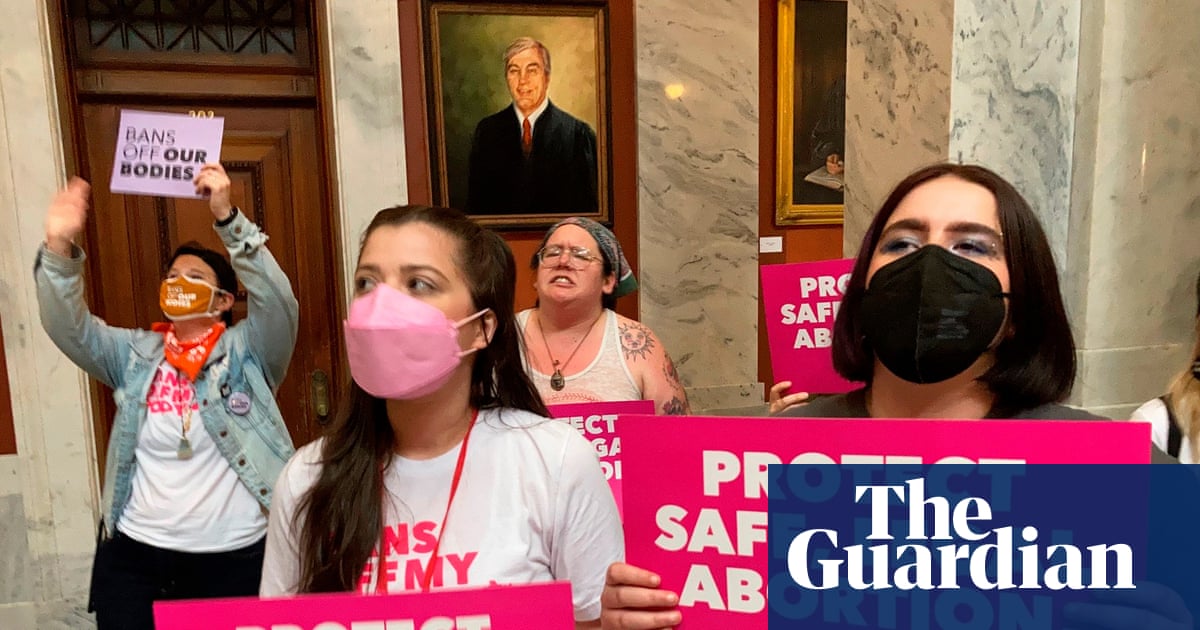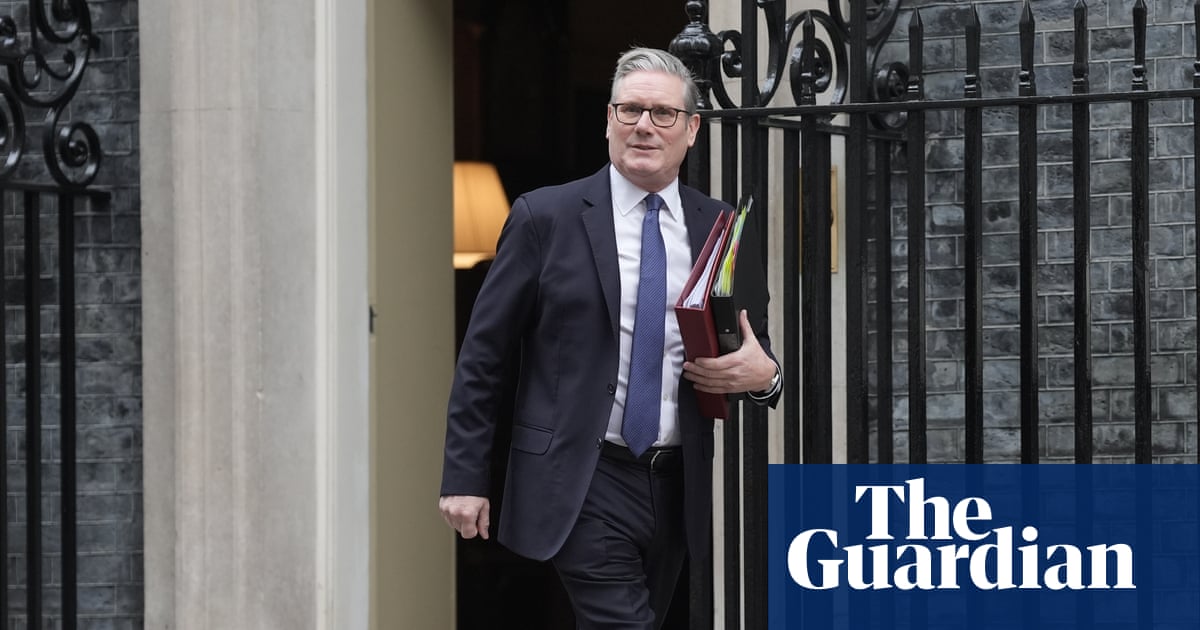UK doctors who are guilty of sexual misconduct are not being appropriately sanctioned due to weak disciplinary processes, research reveals.
Nearly a quarter (24%) of doctors found guilty of sexual misconduct were handed suspensions but allowed to continue working in medicine, according to analysis of fitness to practice tribunals by the Royal College of Surgeons (RCS). This is despite the regulator, the General Medical Council (GMC), recommending they be struck off the medical register.
The GMC investigates complaints against doctors and refers the most serious cases to the Medical Practitioners Tribunal Service (MPTS) to adjudicate on whether they remain fit to practice.
The study analysed 222 new MPTS tribunal cases between August 2023 and August 2024 and found that out of the 46 proven cases of sexual misconduct identified, the MPTS imposed the same disciplinary sanction as the GMC recommended in 35. In 11 cases, the MPTS decided to only suspend the doctor rather than erase them from the medical register, and in no case did the MPTS impose a tougher sanction.
Mei Nortley, a consultant vascular surgeon and lead author of the research, said: “We hope this study aids the MPTS to reflect on whether it delivers its aims of protecting the public, ensuring doctors meet professional standards and promoting public confidence in the medical profession. Allowing rapists, sexual predators and those who use manipulation and coercion to return as practising doctors brings this into question.”
The research, published in the Bulletin of the Royal College of Surgeons of England, found that all perpetrators were male doctors, with more than 80% holding positions of authority. Several cases involved multiple targets, showing repeated and systemic abuse.
In a related paper in the British Medical Journal, the authors cited several recent high-profile cases that had “fuelled concerns about the consistency and adequacy” of sanctions. This included an MPTS tribunal earlier this year that found an acute medical consultant guilty of rape but handed him a 12-month suspension rather than striking him off, because it was deemed to be a “one-off event”.
Another doctor was found to have “pursued and groomed” a vulnerable patient from the age of 14 but was only suspended from the register for 12 months, with the tribunal panel citing evidence of “insight, remediation and remorse” as the reason he was not struck off.
The RCS said the findings of both papers showed that the system of medical regulation was “failing targets of misconduct”. Its vice-president Prof Vivien Lees said the research highlighted “deeply concerning inconsistencies”, which risked “leaving perpetrators in power and eroding trust in the profession”.
after newsletter promotion
The reports’ authors recommend “urgent and major” reform, including enhanced training for members of tribunal panels, more victim support and measures to ensure sanctions are less reliant on subjective evidence.
Dr Chelcie Jewitt, a co-founder of Surviving in Scrubs, said the findings highlighted how sanctions “often prioritise protecting perpetrators’ careers over safeguarding patients and colleagues”.
The GMC said it took a zero-tolerance approach to sexual misconduct. A spokesperson said: “In cases of sexual misconduct, we will often ask for the doctor to be struck off the medical register. Where we feel the sanctions applied by the independent tribunal are too lenient, we can and do appeal. A significant proportion of our appeals are successful and result in stronger sanctions.”
A spokesperson for the MPTS said: “We recognise the impact of our work and tribunal decisions on the lives of all those involved in our hearings. It is important that doctors have a fair hearing that thoroughly assesses all the evidence presented by both the GMC and the doctor and that the tribunal comes to an impartial decision.”
The spokesperson said the MPTS was due to publish new guidance for tribunals on 30 September.
A Department of Health and Social Care spokesperson said: “Sexual abuse or harassment in any healthcare setting is completely unacceptable, and this report is extremely concerning. We expect employers and regulators to properly investigate and take action against perpetrators of sexual misconduct.
“This government is determined to create a culture where staff feel safe and supported. We have already taken decisive action and introduced the healthcare system’s first organisational sexual safety charter along with strengthened guidance for medical professions on reporting misconduct. We are also ensuring whistleblowers are free to speak up, knowing that they will be supported and their concerns listened to and acted upon.”

 3 months ago
105
3 months ago
105

















































